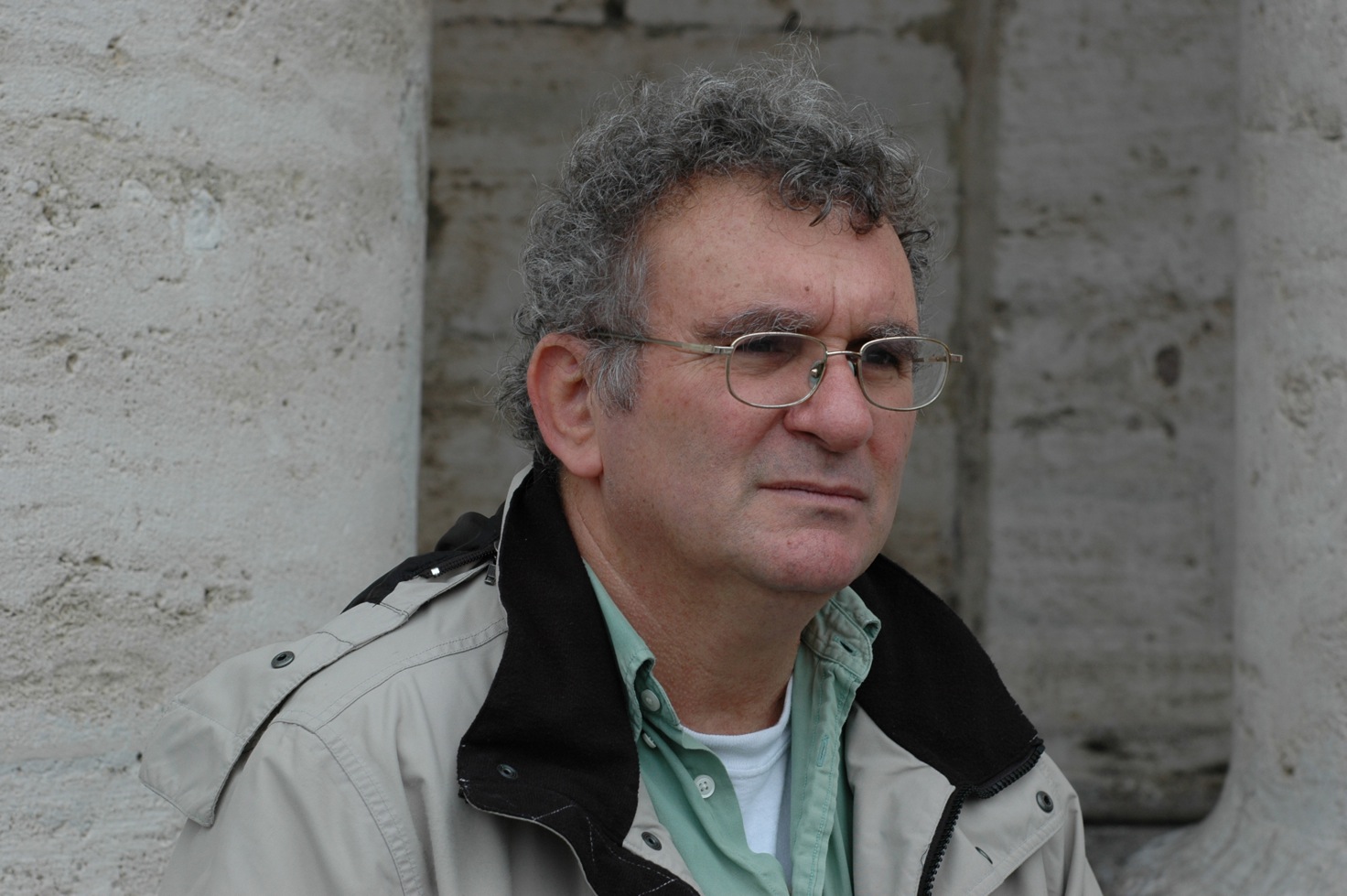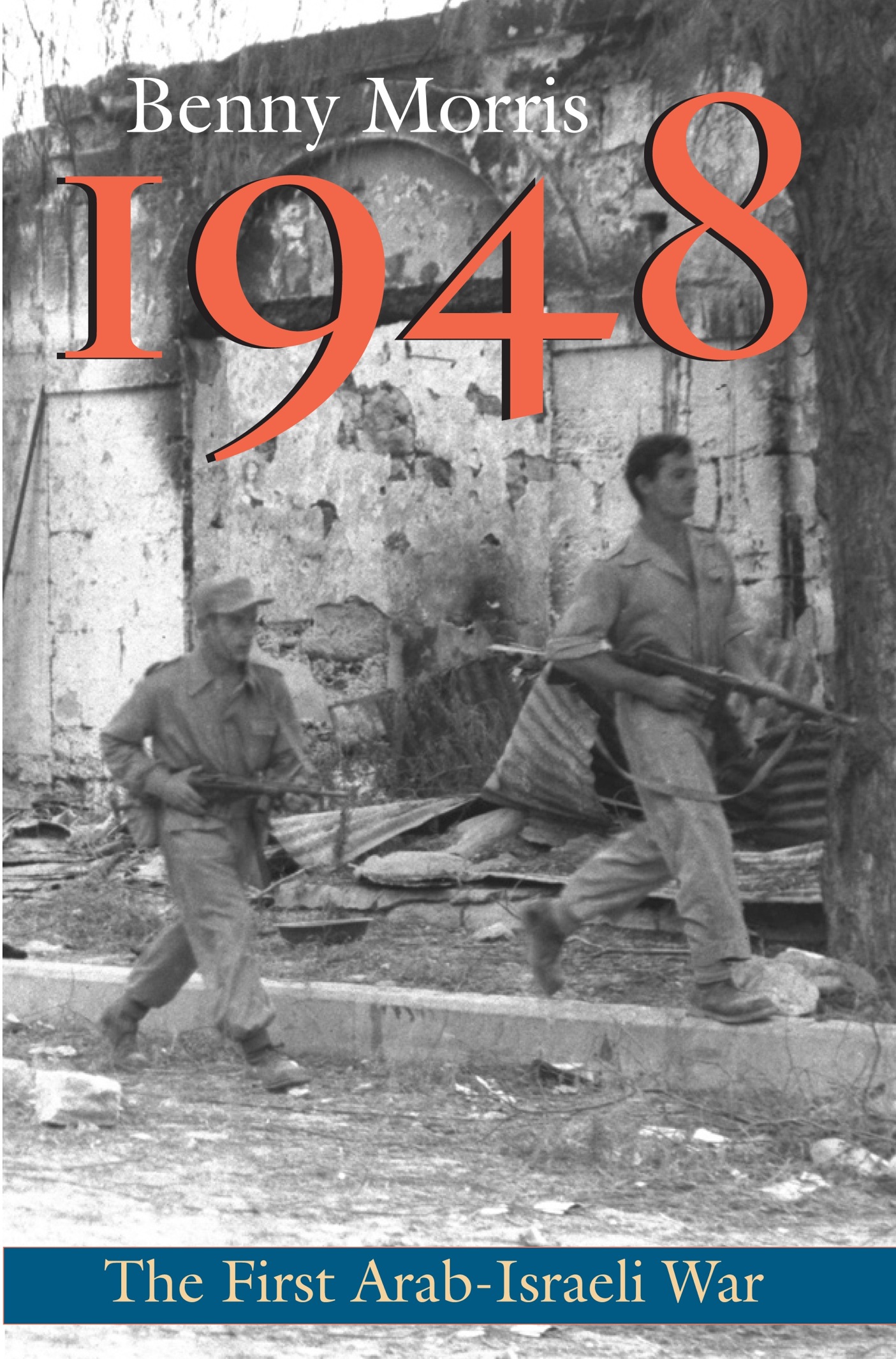In 1980’s, a group of Israeli historians including Tom Segev of Haaretz (a daily Israeli newspaper), Avi Shlaim of Oxford University, and Ilan Pappe of University of Exeter opened up the debate regarding mainstream interpretation of the history of the Arab-Israeli conflict.
Major arguments from the new historians included:
That the British government tried to stop the establishment of an independent Palestinian State
That the refugees were forced to leave their homes
That Zionists had both greater manpower and more weapons
That Arabs were divided as to whether they should work to eradicate the Jewish state
And that Israel should be held responsible for the failure of peace talks
Among the prominent new historians is Benny Morris of the Ben-Gurion University in Negev. He has been the most controversial member of the camp, due to his justifying the expulsion of Arabs during the war in 1948.

If Morris’ latest book represents a political position, it is right to suggest that he is no longer aligned to the left. One of the examples of Morris’s sympathy for the right is his justification of Deir Yassir massacre. The massacre, he believes, was necessary for accelerating the exodus of Palestinians in order to give space to the Jewish state.
Still, the book brings good insights. The most surprising discovery would be the Czech support for the just-born Jewish state. The Czech republic, in an ironic twist, shipped the guns and bullets left over from the Nazis to Tel Aviv and Haifa.
Morris is right to claim that Christian Arabs were unlike their Muslim neighbors in resisting the establishment of the Jewish state. His point is confirmed by the Maronite alliance with Israel during Lebanon’s civil war. The collaboration is both aided and complicated by the Maronites’ belief on the re-establishment of the Jewish state as the realization of Biblical prophecy.
The title may focuses on the year 1948, but the content goes beyond this. I was intrigued by the books description of the negative image the United Nations has among many Israelis. While it is widely argued that the hatred of the United Nations came about as the result of the United Nations equating Zionism to racism in 1974, Morris adds a new dimension to the situation.
The major cause behind the animosity, he claims, is more detailed. The unfinished business of Greater Israel and the UN’S reluctance in supporting the partition have also played a role.
The book also talks about possibly the most explosive issue arising from the war: Jewish refugees from Arab states. Here, Morris appears at his most pessimistic. He claims that the return of Palestinian refugees will also raise the question of the return of Jewish refugees who fled their homes during the war, reducing the chance of success of the peace negotiations between Israel and Palestine to zero for as long as the Palestinian Authority demands that Israel absorb people who left in 1948.
With this book, Morris has firmly established himself in the mainstream of historic thought and analysis. This may be a disappointment to some, and welcome news to others.

